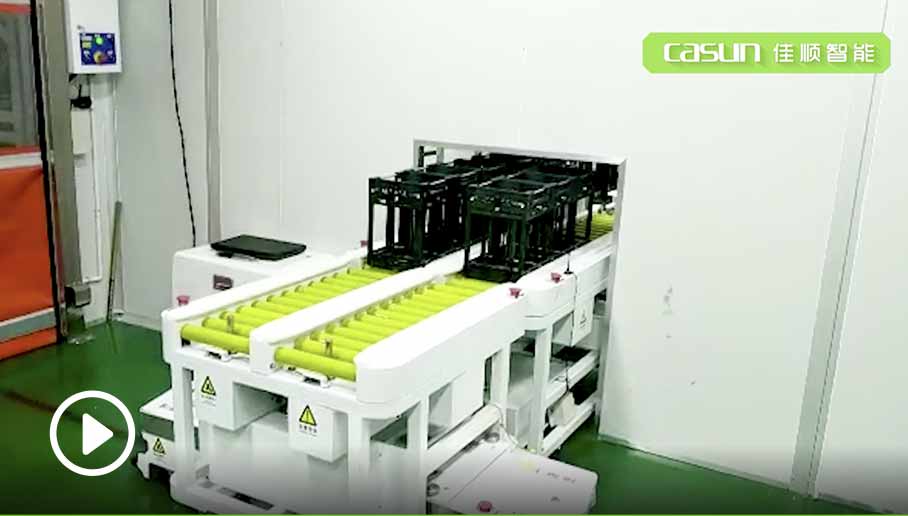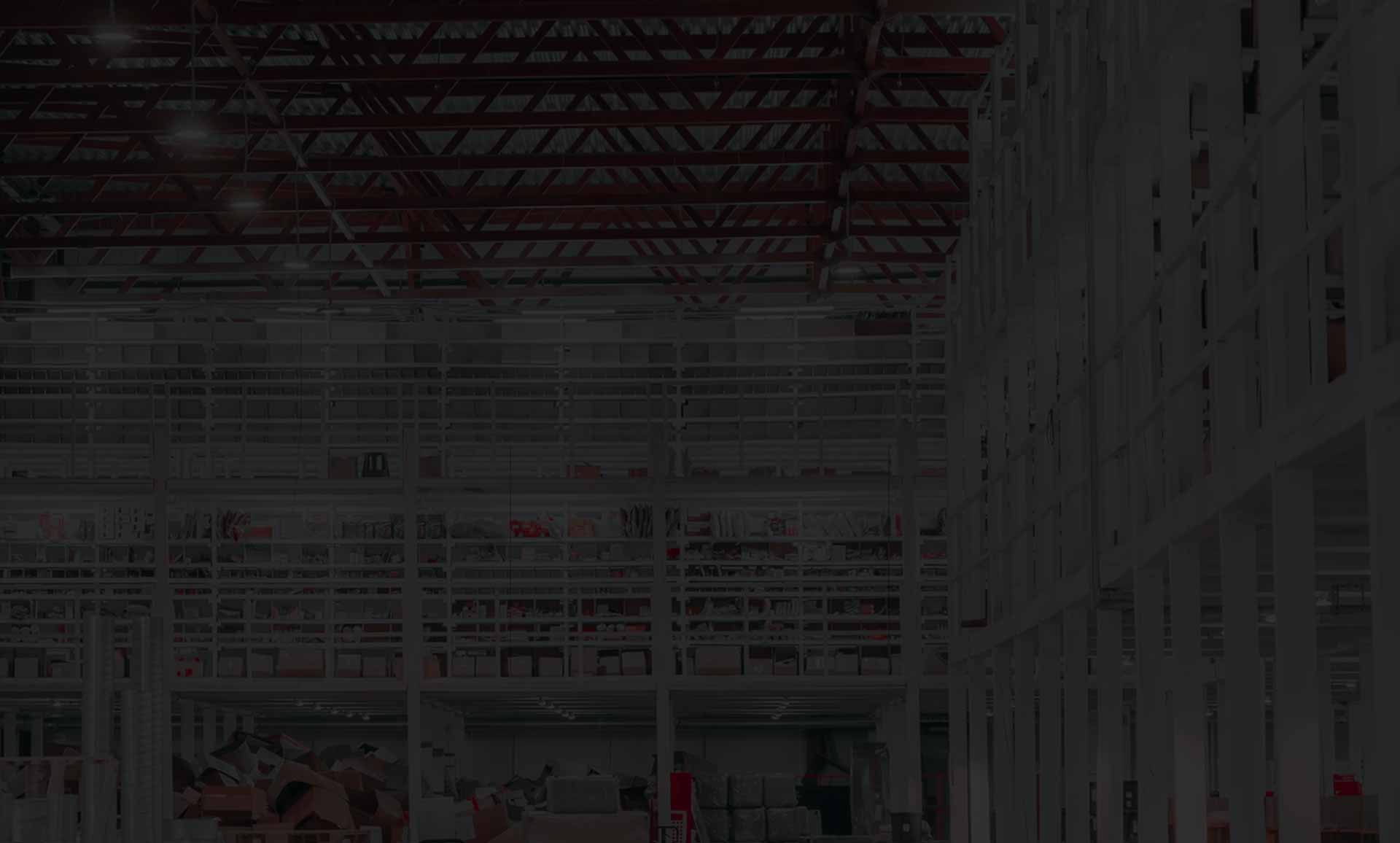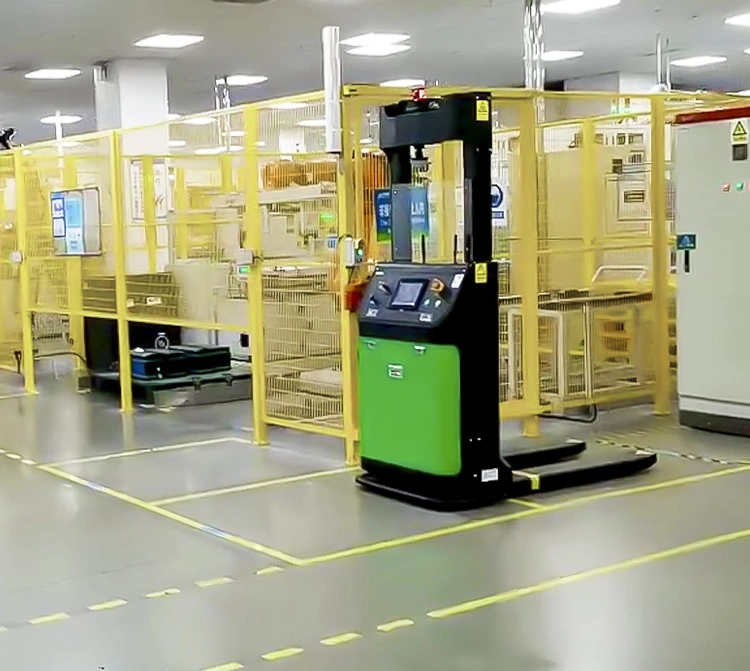 Focus on AGV industry for 18 years
Focus on AGV industry for 18 years
 Focus on AGV industry for 18 years
Focus on AGV industry for 18 years
In the future, companies will compete not on production capacity but on technology, focusing on further reducing the costs of power batteries through technological advancements to expand the usability of batteries.
The smart logistics products used in this project are applied in the new energy lithium battery industry to facilitate the inbound and outbound logistics of battery modules and meet the needs for automated material transportation in narrow aisles on-site.

The outbound efficiency is required to be 45 pallets/hour, the inbound efficiency is also required to be 45 pallets/hour, along with a high assurance of safety throughout the process.
Achieve "machine replacing labor" to reduce labor intensity; upper-level systems control operations automatically, minimizing work actions, increasing efficiency, and reducing error rates; operations must be simple and easy to learn, reducing the demands on personnel quality and making the process less reliant on experience.
Algorithm-guided task allocation optimization to enhance operational efficiency; mobile robots with autonomous learning and dynamic path optimization to achieve minimal handling distance; cluster scheduling and traffic management; mobile robots with autonomous obstacle avoidance and intelligent charging.

The project utilizes multiple intelligent forklifts, automatic charging stations, and CRMS mobile robot control systems, among other supporting equipment.
The system is integrated with the WCS system, where material requests and scheduling are managed by the customer's WCS system. In the event of a system failure, manual material requests and scheduling information can be issued using a tablet.
The CRMS mobile robot control system is integrated with the transfer station and the elevator, sending back signals to the customer's WCS system while providing an open interface to allow real-time querying of the intelligent forklift status using the customer’s WCS system.


The application of intelligent forklifts and the CRMS mobile robot control system has decreased the number of logistics personnel and equipment docking staff, reducing labor intensity.

AGVs can efficiently, accurately, and flexibly handle material transportation in factories, enhancing the overall automation and intelligence level of the module line. They can operate normally even under unstable network conditions, with the system capable of scheduling over 1,000 mobile robots and meeting customer demands for big data processing.

Through intelligent charging and energy consumption management, AGV/AMRs do not experience power outages or depletion during busy production processes, reducing equipment downtime and energy waste, thereby lowering operational costs.

The comprehensive smart logistics solution covers the entire process, enabling real-time data collection and monitoring of production processes, including material transport status, equipment operation status, andproduction progress. This allows for timely identification and resolution of issues and anomalies, improving the controllability and stability of the production line.
